
Same-sex domestic violence
When people think of domestic abuse they tend to think of it as something a man does to a female partner.
However, GLHV’s publication Another Closet — http://www.glhv.org.au/files/another_closet.pdf — reports that same-sex domestic violence is as common as heterosexual domestic violence.
When both partners in a relationship are male, people can incorrectly assume they are ‘equal’ in strength and power, or they should be.
Some male victims of domestic violence also blame themselves for that violence because they weren’t strong enough to combat it. This also can feed into stereotypes about masculinity and how a ‘butch’ guy should behave.
Research suggests that approximately a third of all same-sex relationships are marked by abusive and controlling behaviour. Many men have been conditioned to accept violence as part of their relationship, despite the harm it does them.
While often the violence is physical, it can and does include other forms of violence. It could include sustained putdowns and verbal criticism.
As pointed out in Another Closet, same-sex relationships also have unique elements, such as the ability to control partners by threatening to out them to friends, family, or colleagues.
Why do people stay? Getting out of an abusive relationship is often easier said than done. Abuse that has been carried out over a long period of time usually escalates slowly. It may start
with something as simple as verbal abuse, and work its way up to more severe forms of abuse.
There are often periods where things are all good and this can provide a false sense of the relationship improving.
It can also be hard for gay men to recognise that they are in an abusive relationship as they do not fit the stereotyped image of the battered wife.
Often the person using violence professes regret, promises to change or get help, but never does.
Leaving an abusive relationship can be the most dangerous part, so have a good safety plan.
Visit these websites for tips on safety plans and remember to clear your web history. http://gmdvp.org/domestic-violence/safety-planning and http://www.anothercloset.com.au/planning-ahead-crisis-plan
Who do you talk to for help? You can always talk to the Gay and Lesbian Liaison Officers (GLLOs) — http://www.police.vic.gov.au/content.asp?Document_ID=30300 — who are police officers trained to deal with gay and lesbian issues.
Alternatively you can contact the Gay and Lesbian Switchboard for telephone counselling, information and referrals on 03 9827 8544. For face-to-face counselling, you can contact VAC/GMHC’s counselling service. Simply call 03 9865 6700 between 2-4pm and ask to speak to the duty worker.
If you feel you may be the victim of abuse, seek help. While it can be quite confronting and embarrassing to talk about, it is important to access support. Of course, if you feel your safety is in danger, you should always call 000.
By ILAN WERBELOFF


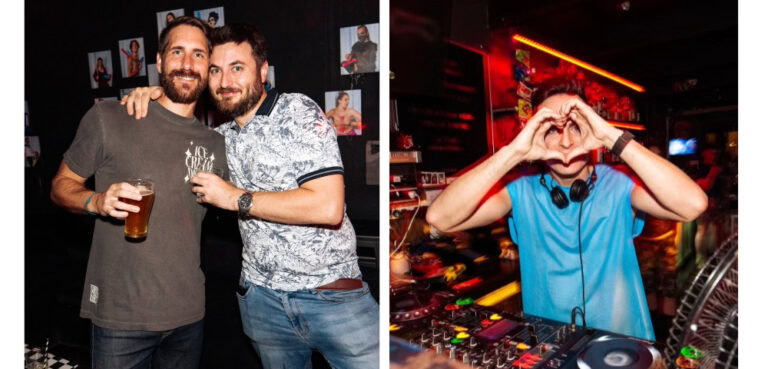


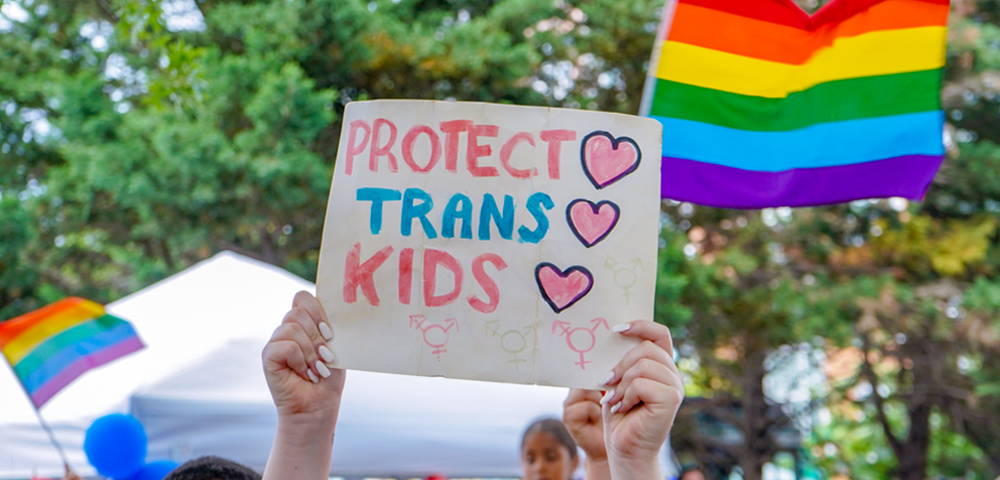

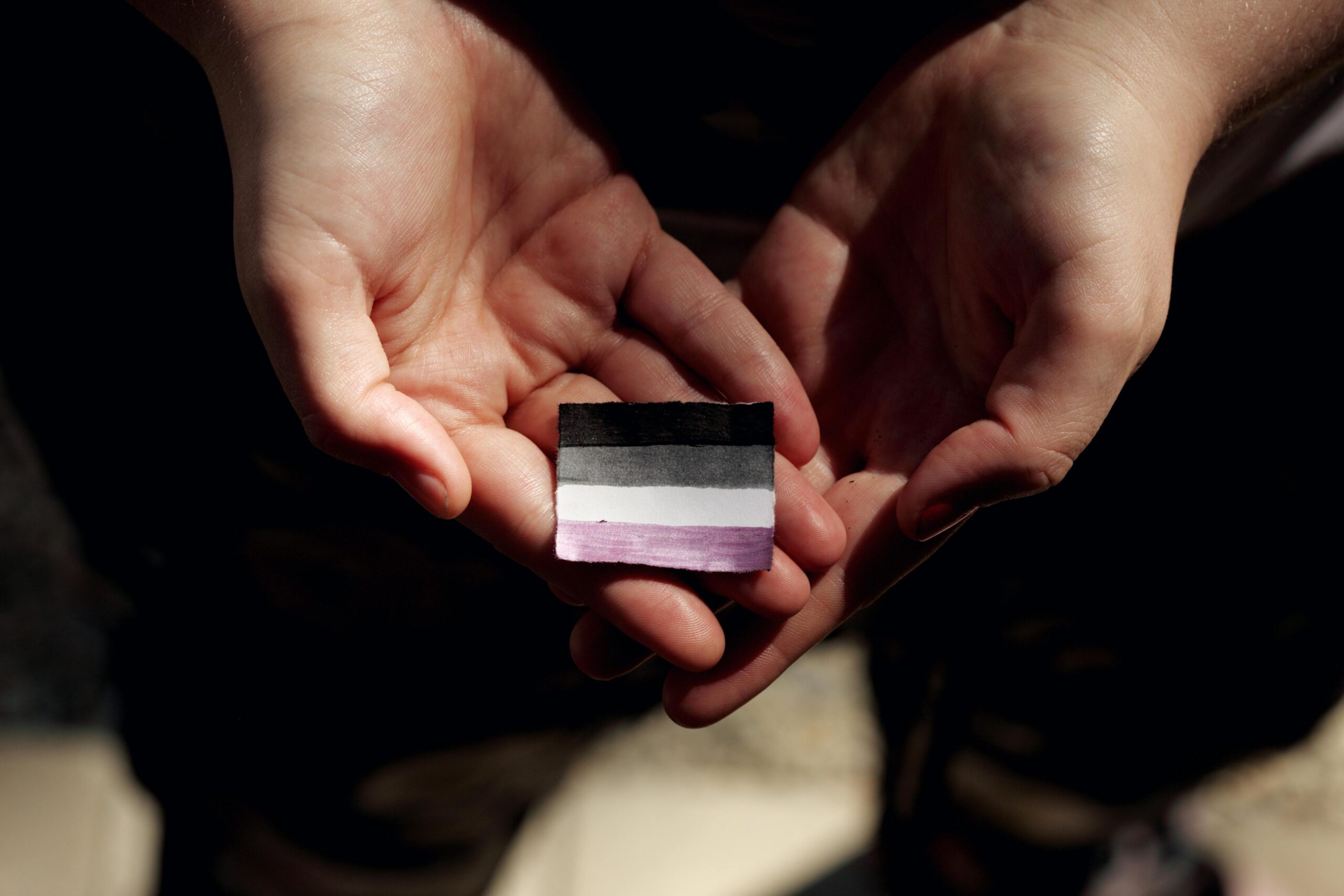
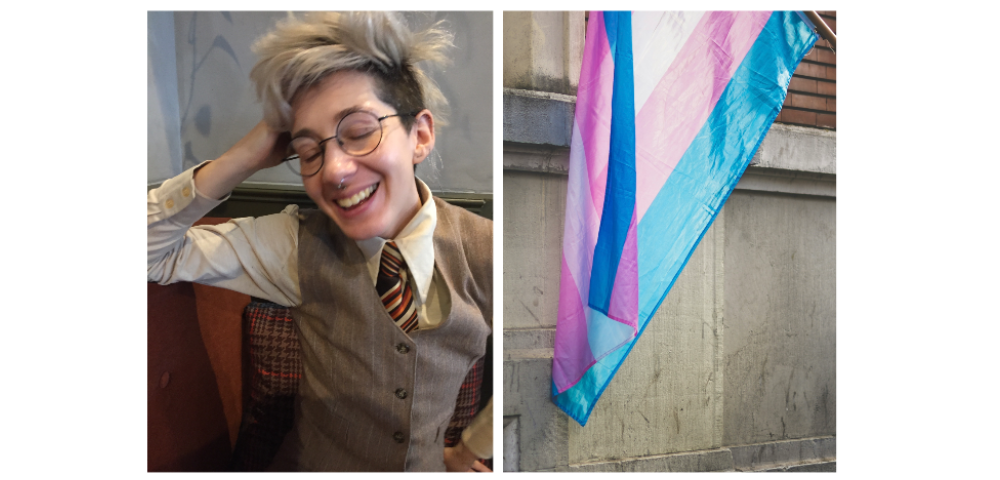
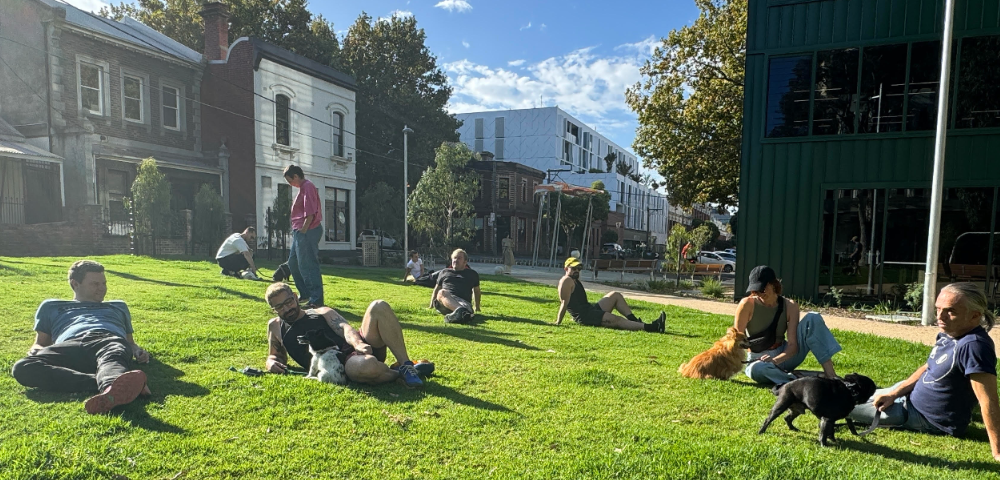
This is clearly important, but I’m not sure I’d trust the police to be the best arbiter of what counts as a respectful gay relationship